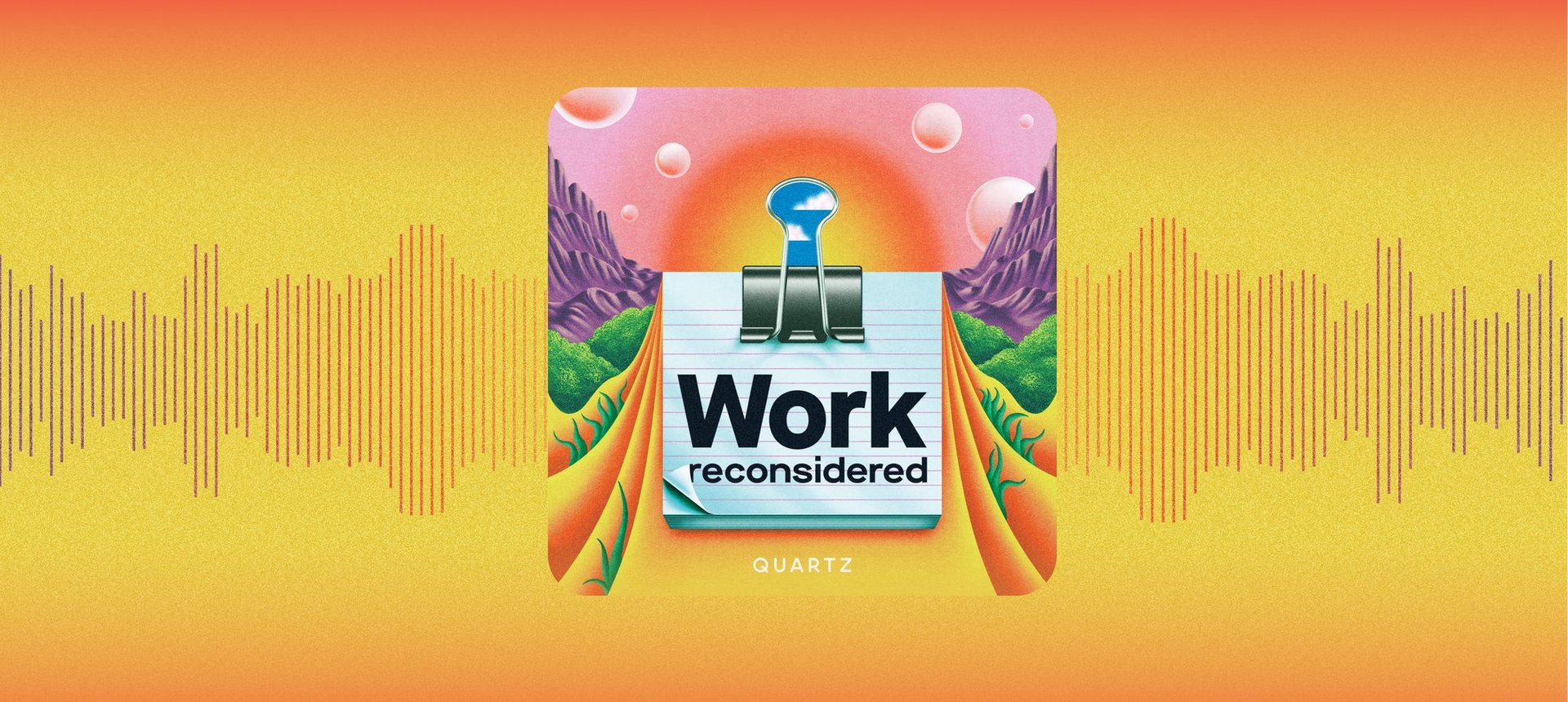🌍 Big OPEC+ cuts
Plus: Re-commerce, (still) so hot right now

Good morning, Quartz readers!
Here’s what you need to know
OPEC+ agreed to a big cut in oil production… Supply will be reduced by 2 million barrels per day as the oil cartel seeks to raise prices, a move that could help Russia weather EU sanctions.
…while the EU approved a price cap on Russian oil. The limit, yet to be determined, is part of a Russian sanctions package slated to take effect in December.
Apple will move more of its production to India. Some of the manufacturing for AirPods and Beats headphones will shift out of China as the tech firm seeks to diversify its supply chain.
Spotify bought Ireland’s Kinzen. The Dublin-based tech firm stated it will help the music-streaming platform detect “emerging threats” and identify content like hate speech.
Virgin Atlantic is closing shop in Hong Kong. The airline is leaving the city after 30 years, citing the closure of Russian airspace as a reason for the exit.
RSVP to our event assessing this year’s UN General Assembly! Register now to join us today (Oct. 6) at 11am-12pm EST/4pm-5pm BST for a free virtual panel discussion, where we’ll review the impact and implications of UNGA 2022.
What to watch for
The Nobel Prize in literature will be awarded today, and many see French writer Pierre Michon and British-American novelist Salman Rushdie, who survived a brutal stabbing attack in August, among the favorites to win.
The prize comes with a nice chunk of change (just under $1 million, or 10 million Swedish krona), but for authors, the real deal is the uptick in book sales post-award. However, notoriety won’t shield winners from other obstacles, like the rise of book bans, which Nobel laureates Toni Morrison (The Bluest Eye) and William Golding (Lord of the Flies) posthumously know a thing or two about.
📚 300: Copies of books by Egyptian author and 1988 Nobel winner Naguib Mahfouz that his publisher typically sold in three years’ time (and which also faced bans)
📚 30,000: Copies of Mahfouz’s books that sold in the just three minutes’ time after his 1988 Nobel win
📚 4,424: Percent increase in sales for Canadian author Alice Munro’s books (got the ban treatment too) after winning the 2013 Nobel prize
Re-commerce, (still) so hot right now
Worried online resale—the selling of used clothes and other goods through online services—is worse for wear? Fear not! Though Poshmark’s price tag is less than its IPO, its $1.2 billion sale to South Korean internet giant Naver Corp indicates that the industry is still in fashion.
A 2022 report by resale company ThredUp predicts the global resale apparel market will reach $218 billion by 2026, three times faster than the overall apparel market. Naver CEO Choi Soo-yeon reasons that Millennials and Gen Z are both eco-friendly and squeezed by inflation.
Brands themselves have traditionally ignored the secondhand market, but some, like Oscar de la Renta and Lululemon, are dabbling in the space via trade-in services.
But buyer beware: Consumer confidence in being able to resell luxury goods has made shoppers more accepting of higher prices, says the CEO of Capri Group, which owns Michael Kors and Versace.
The office is in limbo—but where’s it going?

The workplace as we’ve always known it, with its neat rows of desks and screens enshrined in too much overhead light, is in limbo. Companies are trying to lure their employees back to these spaces, even though a good number of work-from-homers want nothing to do with that.
🎧 Listen on: Apple Podcasts | Spotify | Google | Stitcher
Surprising discoveries
Worm saliva is plastic bag kryptonite. Munching moth larvae contain enzymes that rapidly break down polyethylene.
A house plant learned the art of the blade. An installation of a “plant machete” has got a mean swing, watch out!
Retail real estate is back. Americans seem eager to hit the shops with covid restrictions lifted.
“Amasia” will be the next supercontinent on Earth. But the continents aren’t due to smush together for another 300 million years.
There’s a surplus of mānuka honey in New Zealand. Demand for the medicinal substance has dropped since the height of the pandemic.
Our best wishes for a productive day. Send any news, comments, protective house plants, and new world maps to [email protected]. Reader support makes Quartz available to all—become a member. Today’s Daily Brief was brought to you by Susan Howson, Sofia Lotto Persio, Tiffany Ap, Julia Malleck, and Morgan Haefner.